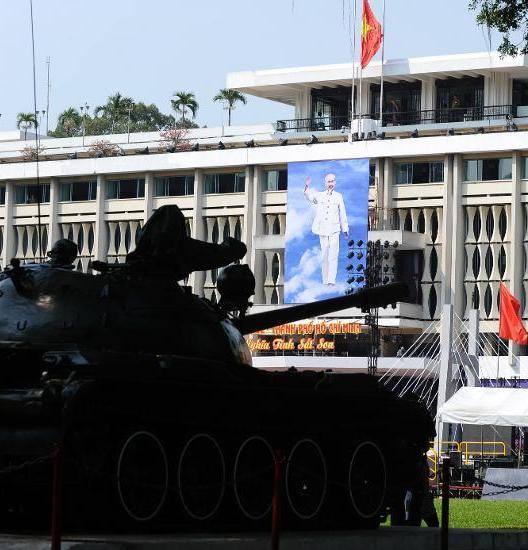Powerful propaganda: Vietnam journalists’ role in war
Many U.S. soldiers who fought in Vietnam will remember Hanoi Hannah, the silky-voiced communist radio correspondent who urged young American GIs to stop fighting and go home. She is the most famous of dozens of Vietnamese journalists drafted by the communists to help the war effort, which ended 40 years ago this month with the fall of the city then known as Saigon. Hannah, whose real name is Trinh Thi Ngo, worked for state-run Voice of Vietnam. In daily broadcasts from the northern capital Hanoi, Hannah would play music by Joan Baez and Bob Dylan, announce the names of American troops killed in fighting, and read clippings from U.S. newspapers about anti-war protests. Now a frail octogenarian, she lives in southern Ho Chi Minh City - renamed after Vietnam’s independence hero after the 1975 victory.
Nothing is more confused than to be ordered into a war to die or to be maimed for life without the faintest idea of what’s going on.
Hanoi Hannah
Unlike the foreign press, which in the main tried to provide balance, Vietnamese correspondents had a clear bias. It was considered their “duty” to highlight communist victories and help the war effort. Propaganda was essential to both sides’ wartime strategies. The U.S. dropped billions of anti-communist leaflets over Vietnam. But it could not fully control the western press, and their raw, powerful coverage of Vietnam is credited with swaying U.S. public opinion on the conflict.

vietnam war Asia-Pacific